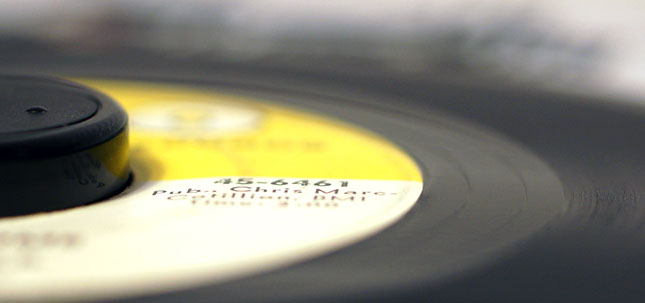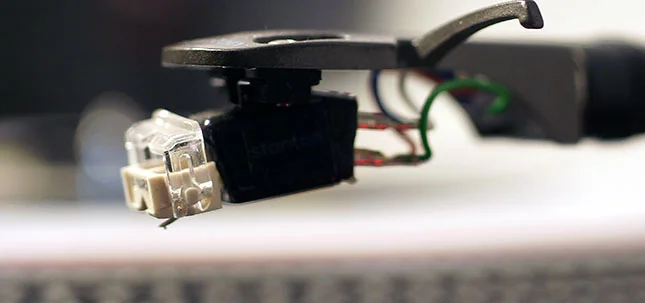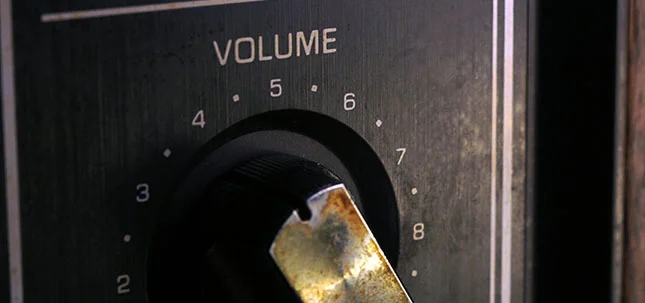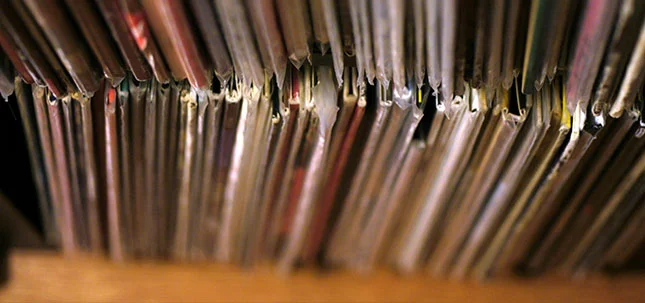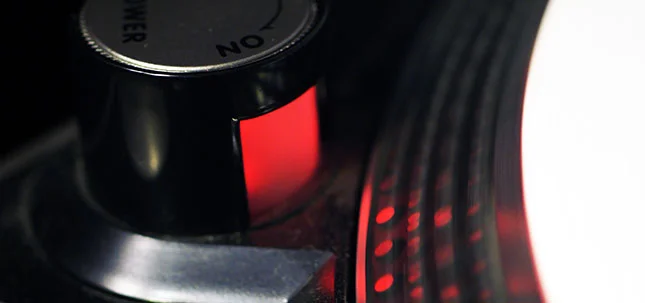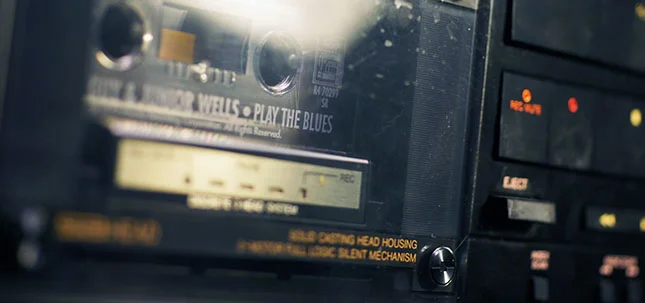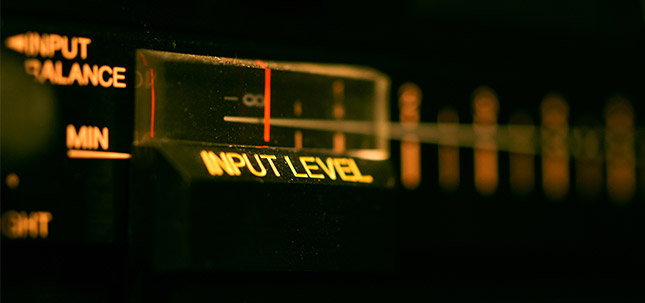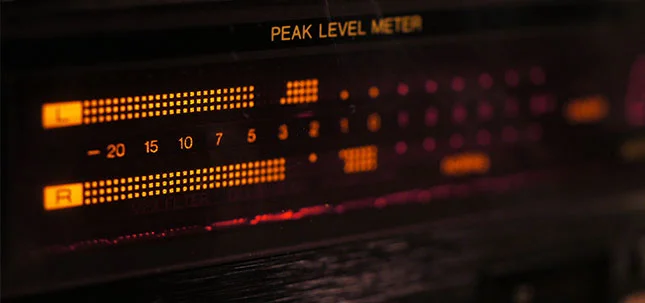DEEP CUTS: Debbie Harry - "Jump Jump"
Shortly after 1978’s breakthrough Parallel Lines and 1980’s Autoamerican, Debbie Harry and Chris Stein took a short break from Blondie to release Debbie’s debut solo record, Koo Koo, with help from Nile Rodgers and Bernard Edwards from Chic, Mark Mothersbaugh and Gerald Casale from Devo, and H.R. Giger fresh off Alien.
Koo Koo is an odd child in the Blondie / Debbie Harry pantheon. While it still boasts the Reggae and Rap inspired songs that popped up on previous albums, Chris Stein’s wildly varied songwriting seeps through to form what would have been a logical progression from Autoamerican rather than Blondie’s lackluster follow-up, The Hunter.
A few years before, Chic had given Dianna Ross a Disco rebirth with her best-selling Dianna in 1980, and, according to Dick Porter and Kris Needs’ Blondie biography Parallel Lives, turned down a personal request from Aretha Franklin to give her the same treatment. Fortunately, Debbie and Chris met Nile and Bernard both in studios around New York and in Glenn O’Briens public-access underground free-for-all TV Party. (Blondie makes an appearance in the linked episode. Thanks to VICE Magazine for uploading these old videos!)
By this time, both bands were looking to break out of the constraints that success had brought upon them. In Debbie, Chic saw a fresh voice without the rules of R&B; in Chic, Debbie and Chris had finally found the ultra hip studio musicians who would be able to articulate the genre-bending Pop structures they had been working toward before Blondie ultimately went belly-up.
“Jump Jump” finds Debbie and Chris teaming up on songwriting duties. Edwards and Chic drummer Tony Thompson’s groove propels the song as authentically as any other Disco record from the era while Rodgers adds his trademark compressed guitar flourishes. Mark Mothersbaugh and Gerald Casale, credited as “Spud Devo” and “Pud Devo,” add background vocals in the rap section while engineer Chuck Martin barks like a dog. This may be the only time I’ll ever say that the inclusion of Devo is the least odd addition to any song.
I’m not saying that Koo Koo is my favorite Blondie-related work, but what it absolutely represents is the pinnacle of a vision. Both Debbie and Chris were in the middle of New York’s Hip Hop scene in the late 1970s and had already assimilated that into their previously Punk / New Wave band. Teaming up with a band as close to the ground as Chic freed them from any assumptions about what a contentious band like Blondie “really” was. If they were so Punk, why were they releasing songs like “The Tide is High” or “Rapture” as singles? Bands like The Clash had already established Reggae as a viable genre for Punk digestion, but Blondie caught all the flack for it. Koo Koo flopped hard.
This could be chalked up to a few different things: H.R. Giger’s cover, with Debbie’s face pierced by giant needles, was banned from promotional posters in the United Kingdom where Blondie had previously found roaring success, but the album’s failure could also be traced to generic label nervousness. They didn’t want to lose Debbie to a solo career, so when everything seemed to be lining up against the album, Chrysalis Records threw only minor support behind it. Debbie’s decision to return to her natural brunette hair color--as evidenced by Giger’s album cover--also divided and drove away fans who had possibly just jumped on board with the band after Parallel Lines According to Debbie herself in the book Parallel Lives, “There were some problems with the fans… A lot of them felt like I was killing off or deserting Blondie by going brown-haired!”
Looking past all of this, though, Koo Koo remains a spectacularly odd record. Listening in 2015, the record feels both dated and forward-thinking. After Koo Koo, Blondie reconvened to record The Hunter, but the spark was gone. The band split in 1982 after Chris Stein was diagnosed with a rare autoimmune disease and Debbie dropped everything to be at his bedside. She wouldn’t emerge again until 1986’s Rockbird --which also flopped despite the United Kingdom’s support for lead single “French Kissin’ in the USA.”
“Jump Jump” isn’t the best song on Koo Koo (I’d give that nod to “Under Arrest” where Chic does a Blondie impression possibly better than the band themselves), but it represents the group spirit of early 80s New York teaming up for a vision and seeing the project to its conclusion with a mix of style, attitude, and a bunch of funky Bernard Edwards bass lines.



